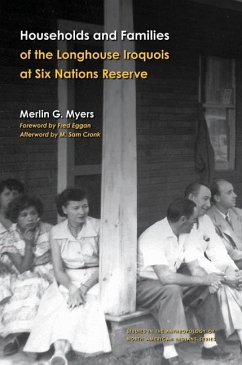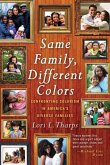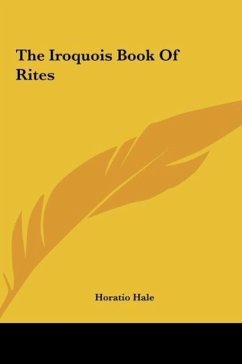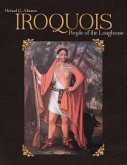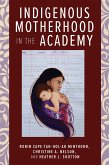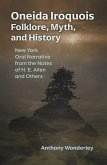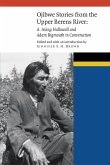This study of kinship relations and household organization among the modern Cayugas, located in Ontario, Canada, fills a crucial gap in our knowledge of modern Cayuga culture and history and makes a significant contribution to our understanding of Iro-quoian social organization. Originally founded by nearly two thousand Iroquois allies of the British crown in 1784, the Six Nations Reserve became the first Iroquoian community to contain members of all six tribes. By the mid-twentieth century, the reserve had divided along the lines of politics and religion into two distinct social groups, those who practice Christianity and the followers of the more traditional Long-house religion. In the late 1950s, Merlin G. Myers conducted fieldwork among these traditionalists, working especially with Cayugas. He collected data on household structure and kinship relations from approximately 150 families and interpreted his findings within the context of structural-functional anthropology. His work provides a treasury of information about Cayuga social life during a poorly documented moment in their history, and a rare example of British anthropological theory from this time applied to a North American Native community.
Hinweis: Dieser Artikel kann nur an eine deutsche Lieferadresse ausgeliefert werden.
Hinweis: Dieser Artikel kann nur an eine deutsche Lieferadresse ausgeliefert werden.

